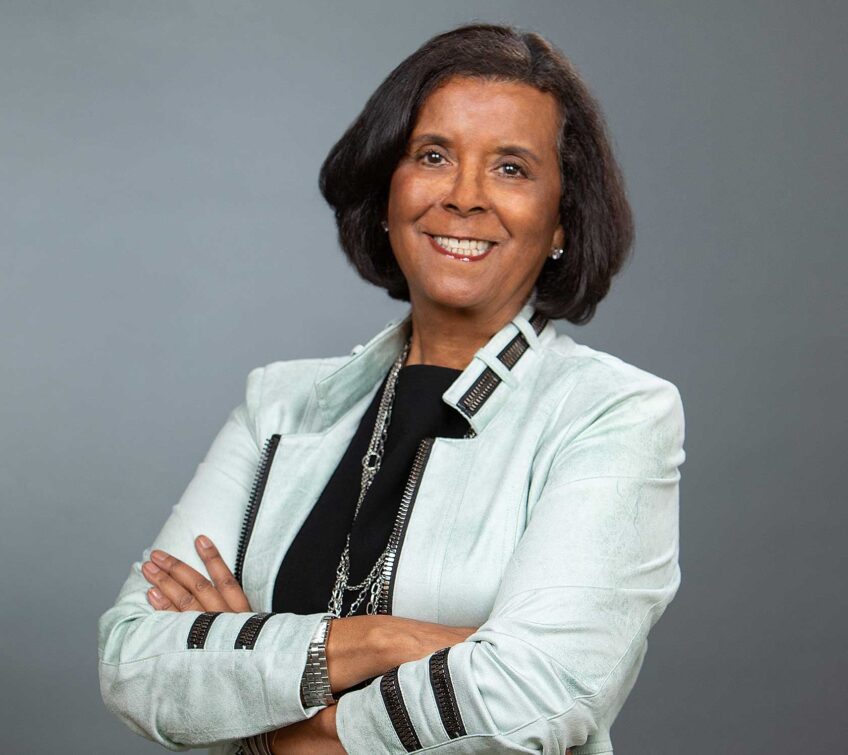Immigrant businesses struggling
Panel discusses strategies for getting through COVID pandemic

Emerging from the pandemic will look different for every business owner. The Massachusetts Immigrant and Refugee Advocacy Coalition (MIRA) hosted a virtual roundtable with U.S. Reps. Joe Kennedy III and Seth Moulton on Monday to highlight the struggles that Black and brown immigrant business owners go through and what they need to remain viable.
Data from Amplify Latinx, co-founded by Betty Francisco, outlines the needs of immigrant business owners, about 1,800 of which answered the organization’s statewide survey. Not only were fewer Paycheck Protection Plan loans (PPP) approved for Latinx businesses, but fewer Latinx businesses chose to apply for it.
“And despite differences in the loan amounts,” Francisco said, “81% of white owners’ PPP loans were approved, compared to 71% for black-owned businesses and 73% for Latino-owned businesses.”
Francisco has also worked with over 500 businesses to help them apply for and access their loans, by connecting them with banks and advocating for them.
The Black Economic Council of Massachusetts (BECMA), which advocates on behalf of Black-owned businesses in the commonwealth, also conducted a study in early March to determine the impact before Massachusetts shut down due to COVID-19. Over 60% of business owners even at that time said they were having supply chain issues, over 60% said they had cash reserves to last them up to 90 days or less, and about half were already thinking of laying off their staff.
“Because this survey was conducted about 115 days ago, we know that the numbers in each of these categories is roughly 100%,” said Segun Idowu, executive director of BECMA. Idowu says that Black businesses are already in a “precarious position” due to lack of access to resources, so BECMA has partnered with the Berkshire Bank to provide a line of credit up to $50,000 for member businesses.
Together with Amplify Latinx, BECMA has created an online marketplace called “Protect MA,” which connects Black and brown businesses directly with providers of personal protective equipment (PPE). Idowu urged the congressmen on the call to support Sen. Kamala Harris’ and Rep. Ayanna Pressley’s Saving Our Street Act, which gives federal support to microbusinesses of up to $250,000.
“A lot of the reason why we don’t see many of our businesses going after [PPP] is the fact that it’s a loan. And understanding the terms is difficult for many of our businesses. So we need to make sure that we create a set aside specifically for Black and brown [business owners],” he said.
Kennedy agreed that things need to change before small businesses can successfully recover. He said that there are considerable structural barriers for bodegas that are owned by an older generation where English is not a first language. Access to capital is an issue for many.
He noted that he has constituents who work to manufacture PPE, and says they’re ready to do so, but he can’t secure the government contracts to support that work.
“If the federal response was tied to the local community that we hoped for, you wouldn’t see some of this inefficiency,” he said.
When asked to present a call to action for Congress, Francisco said, “Local and state governments need to come together and figure out what is that long term investing strategy that can help businesses survive. And then go into recovery and even though we know there’s going to be potentially a second [wave].”
Idowu added that at the federal level, “Intentionally investing in Black and brown businesses,” especially in the areas the legislators represent, is most important.






